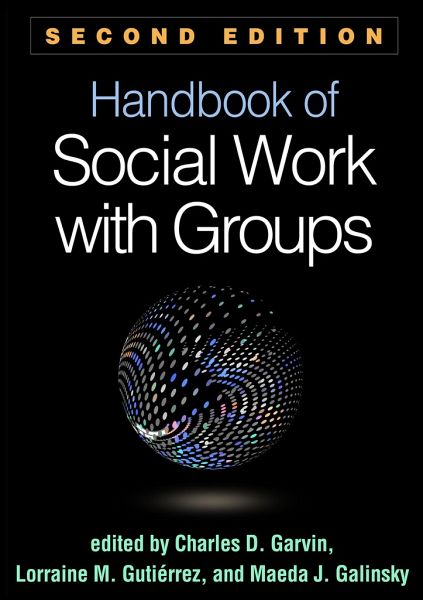
Handbook of Social Work with Groups

PAYBACK Punkte
36 °P sammeln!
This definitive text, now revised and expanded, has introduced thousands of students and practitioners to the theory and practice of social work with groups. Leading authorities outline major models of group work and address critical issues in planning, implementing, and evaluating interventions. The Handbook describes applications in all the major practice settings--mental health, prevention, child welfare, substance abuse, health care, aging, corrections, and more--as well as organizational and community settings. A strong focus on empowerment, social justice, and diversity is woven througho...
This definitive text, now revised and expanded, has introduced thousands of students and practitioners to the theory and practice of social work with groups. Leading authorities outline major models of group work and address critical issues in planning, implementing, and evaluating interventions. The Handbook describes applications in all the major practice settings--mental health, prevention, child welfare, substance abuse, health care, aging, corrections, and more--as well as organizational and community settings. A strong focus on empowerment, social justice, and diversity is woven throughout. The empirical foundations of group work are reviewed, and innovative research methods discussed. New to This Edition: *Incorporates over a decade of advances in the field *Heightened focus on practitioner-researcher collaboration. *Two chapters on substance abuse prevention with youth. *Chapters on social justice work, evidence-based practice, offender reentry, intimate partner violence, intergroup dialogue, working with immigrants and refugees, qualitative methods, and intervention research. *Major updates on existing topics, such as cognitive-behavioral group work, psychoeducational groups, health care settings, and technology-mediated groups. *Integrative epilogue that synthesizes key themes.













